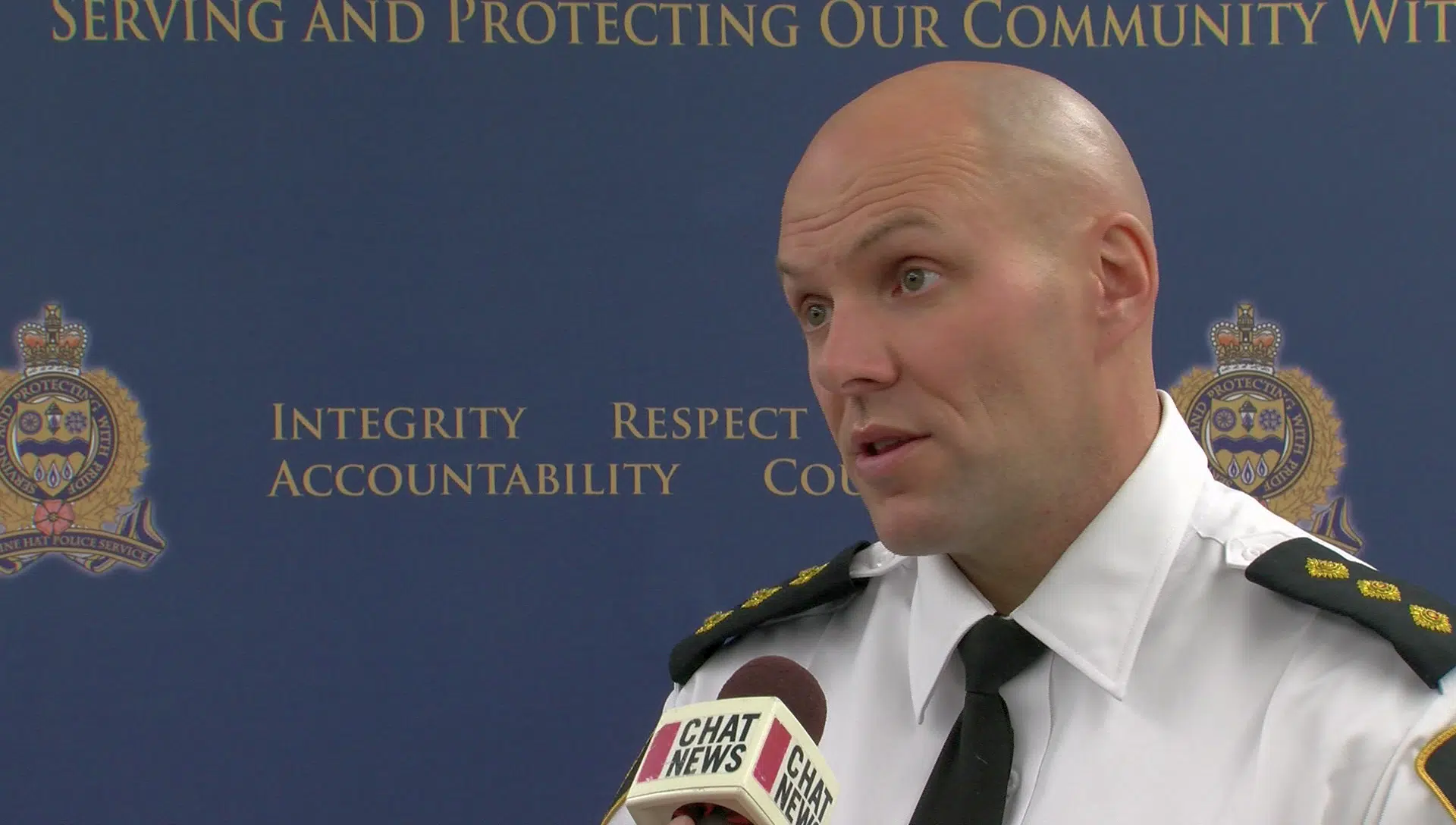
Police reporting major spike in opioid-related overdoses
MEDICINE HAT, AB – The numbers keep rising for Medicine Hat Police, as the city’s drug problem continues to grow.
Officers have responded to 11 overdoses across the city in the past month, including two calls as recently as Monday night.
Insp. Brent Secondiak said he’s never seen so many cases related to overdoses in such a short time span.
